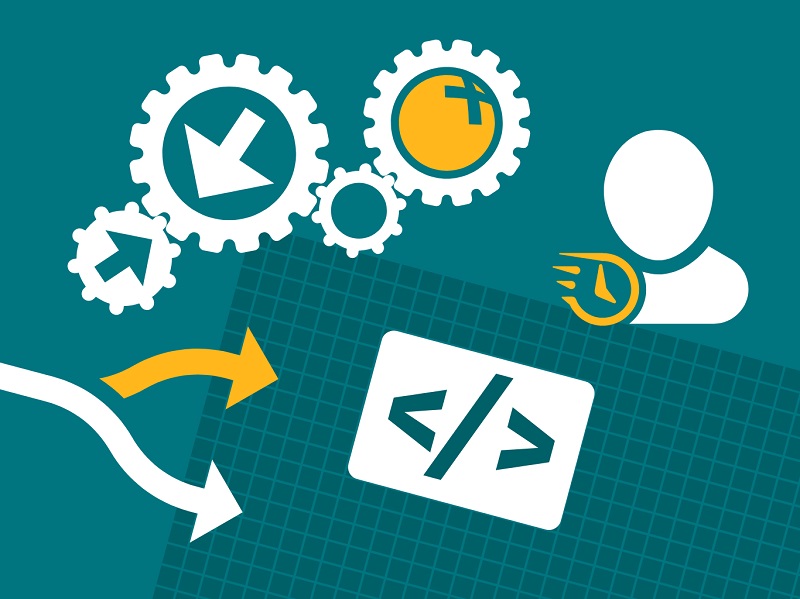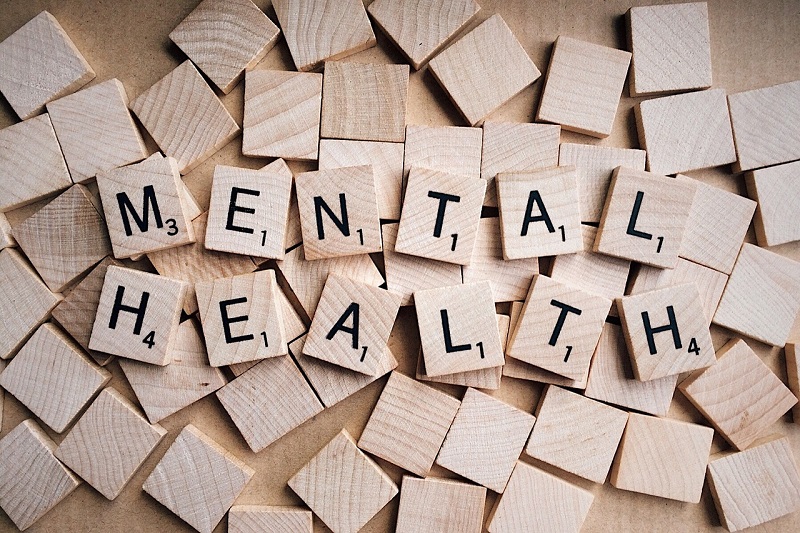NHS mental health services have always been stretched, but following the rise in demand driven by the pandemic, mental health practitioners are now enduring unmanageable pressure.
Far too many community mental health staff spend hours updating patient notes, requesting medication changes, and creating referral letters at the end of a long – often 12-hour – shift, sometimes in their own time.
In addition to adding to the risk of staff burnout, delays in updating information and requesting urgent services are inevitable, as are the potential errors, causing significant risks to patient safety.
If A&E staff have no idea whether a patient has a history of mental illness, how can they safely determine the correct treatment? And without insight into a child welfare issue, how can GPs engage effectively with parents or guardians and how can mental health staff be kept safe, if information about a patient’s history of violence is not automatically recorded, shared, and flagged?
For years, patients, friends, and family have been complaining about the lack of joined-up care for mental health patients, with poor communication and inadequate sharing of information cited in multiple inquest reports in recent years
If the NHS is to safeguard both mental health staff and patients at a time of overwhelming demand, it is vital to find a more-efficient and effective way to capture and share information.
The use of low-cost, purpose-designed, mobile technology with voice recognition can streamline data capture, saving staff time and accelerating referral to key services.
With simple integration to core systems, including Electronic Patient Records (EPR), information is up to date across the wider health economy – indeed, where necessary even across multiple ICSs.
Inadequate information sharing
 For years, patients, friends, and family have been complaining about the lack of joined-up care for mental health patients, with poor communication and inadequate sharing of information cited in multiple inquest reports in recent years.
For years, patients, friends, and family have been complaining about the lack of joined-up care for mental health patients, with poor communication and inadequate sharing of information cited in multiple inquest reports in recent years.
And the situation is now at crisis point, with the number of people waiting for community mental health care rising to 1.2 million.
The isolation, grief, and disruption of the pandemic significantly affected many individuals’ mental health, with the Centre for Mental Health estimating that up to 10 million people, including 1.5 million children, required new or additional mental health support as a direct result of the crisis.
This surge in demand arrived when mental health services were already in crisis.
Workforce shortages in mental health are affecting staff workload, wellbeing, morale, and the ability for staff to provide a good quality of care.
The day-to-day reality for mental health staff is incredibly challenging.
A community mental health provider can expect to see seven or eight patients each day, many suffering serious mental illness. And it can be difficult to take notes during the patient interaction, for example due to a patient’s paranoia or the need to maintain eye contact.
As a result, staff are compelled to write brief notes in the car between visits, prior to updating information on the system with comprehensive notes later in the day when they are back in the office.
After a long shift, staff can spend hours creating detailed case notes, requesting medication changes, and creating referral letters.
If letters have to be sent to a secretarial team for processing, it can take weeks for vital referral requests to be received and processed
Far too often this must be done outside working hours due to the sheer clinical load and, as a result, delays in updating systems are inevitable.
If letters have to be sent to a secretarial team for processing, it can take weeks for vital referral requests to be received and processed.
The implications for patient health – and the likelihood of repeat incidents adding further to the burden on staff – are unavoidable.
Epro's speech recognition tools are increasingly being adopted by health and care providers
Immediate mobile data capture
While there is no quick or easy solution to the shortage of trained staff or available mental health beds, significant improvements in the day-to-day experience of both staff and patients are achievable.
An intuitive, mobile solution using voice recognition that allows mental health clinicians to update notes, request changes to medication, and create referral letters either while with the patient or straight afterwards, can radically reduce the time spent on administrative tasks.
Information is recorded verbally, which is much quicker; and requests for additional services and support are processed immediately, avoiding unacceptable delays.
An intuitive, mobile solution using voice recognition that allows mental health clinicians to update notes, request changes to medication, and create referral letters either while with the patient or straight afterwards, can radically reduce the time spent on administrative tasks
Critically, patient information is up to date and, with direct integration to the EPR or other legacy system, all health providers, from acute services to GPs, have immediate visibility of a patient’s current status.
This latter point is particularly important for patients experiencing both mental and physical illness.
A patient presenting at either primary or secondary care may be unwilling, or unable, to share their mental health status with clinicians. And this can lead to both confusion over treatment priorities and, critically, potential contra-indications with medication, risking patient safety.
Improving staff and patient wellbeing
Transforming the ease and timeliness of patient information capture is a vital step in addressing the gaps in care services through which vulnerable patients still fall, especially when mental health trusts often cover two, even three, different Integrated Care Systems (ICS).
With a single source of the truth, clinicians can be confident in the accuracy and timeliness of patient information.
Patients with mental health issues also often end up at A&E, and while there is a rarely a dedicated mental health worker available, access to information is incredibly valuable in determining the best course of action.
An individual with mental health issues can be flagged on the system, ensuring that A&E staff will immediately look for information on the latest medication and referral history, helping to rapidly assess if an injury has been caused accidentally or as a result of a mental health crisis.
Patients with a history of dangerous behaviour can also be flagged, providing additional safeguards for staff, while child protection issues can also be highlighted to ensure a holistic understanding of the clinical background.
Patients with mental health issues also often end up at A&E, and while there is a rarely a dedicated mental health worker available, access to information is incredibly valuable in determining the best course of action
Ease of innovation
Critically, this change can be achieved at low cost.
Mental health services remain underfunded; there is no money for huge EPR solutions.
Instead, a purpose-designed mobile solution using custom voice dictionaries to achieve high levels of voice recognition accuracy can drastically reduce the time spent by staff updating information.
With no need to return to the office to update information, staff can avoid working extra unpaid hours, removing some of the pressure that can contribute to burnout.
The ease of integration with any existing technology to deliver a single source of patient information can transform the day-to-day experience of mental health staff.
And this is a key requirement when the NHS is facing its own mental health crisis with sick days for mental ill health within the NHS increasing significantly during 2022.
Further, this model also provides a vital foundation for improved information sharing across the wider healthcare community.
The NHS can only evolve towards the goal of joined-up care if GPs, A&E, and also ICSs, social services, and third space support services all have accurate, up-to-date patient information.
Nowhere is this more valuable than in the area of mental health, where many of the users have complex, long-term problems, managed by multiple parties.
